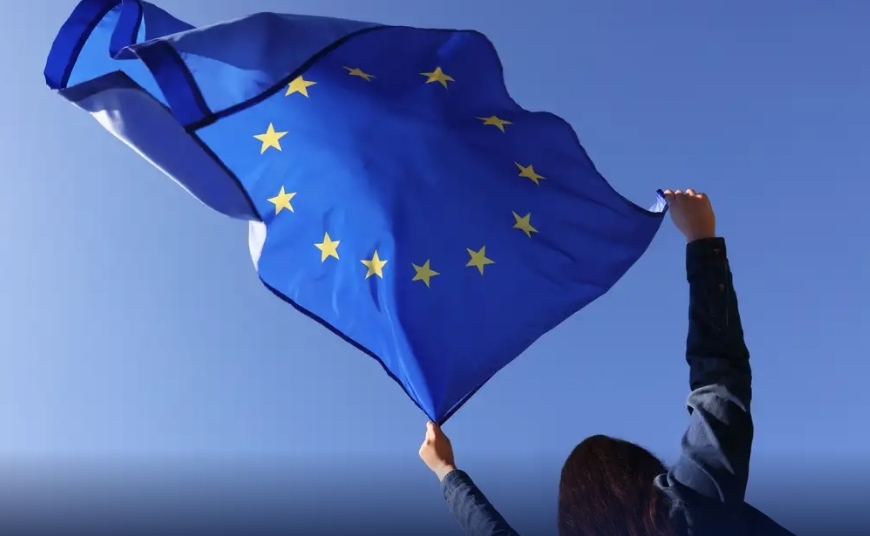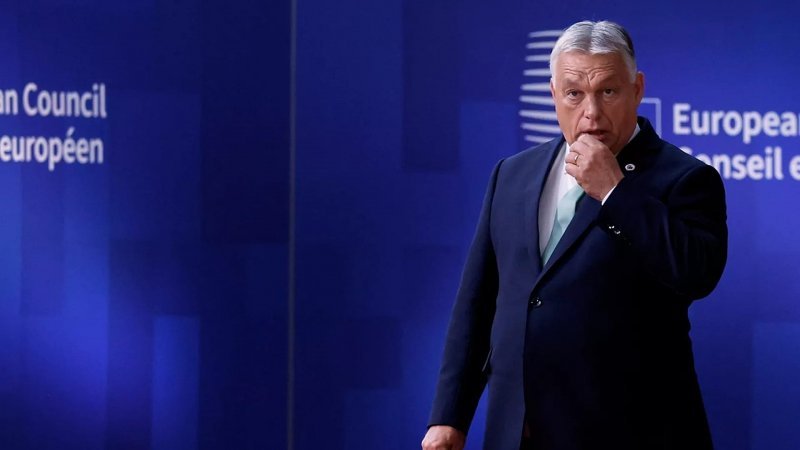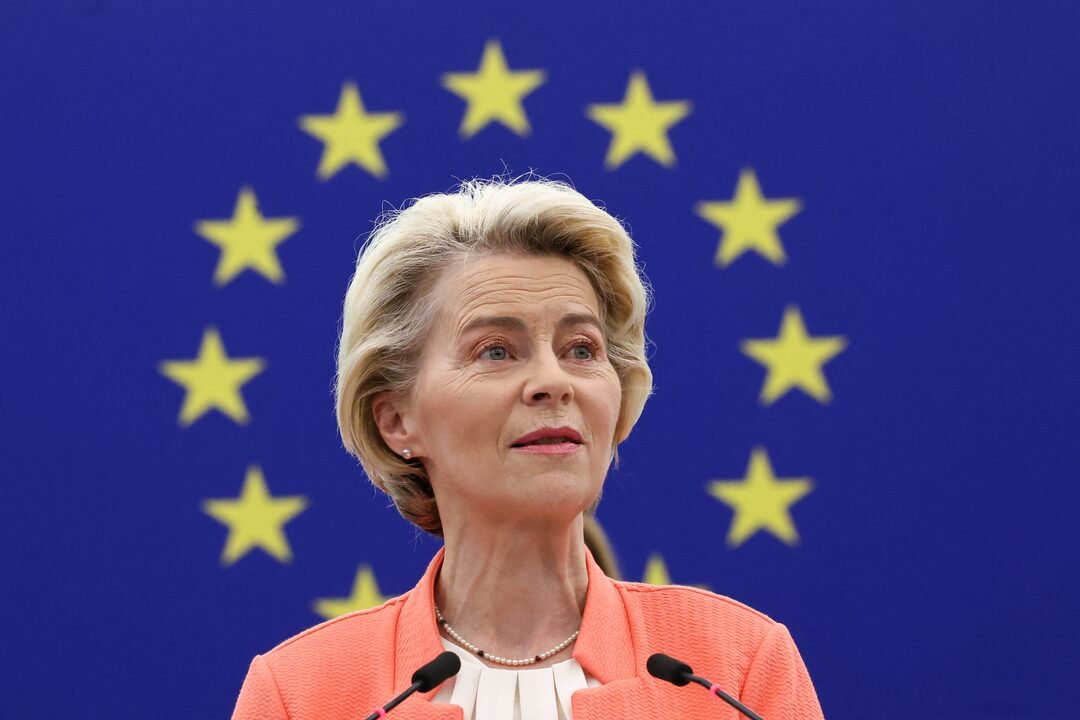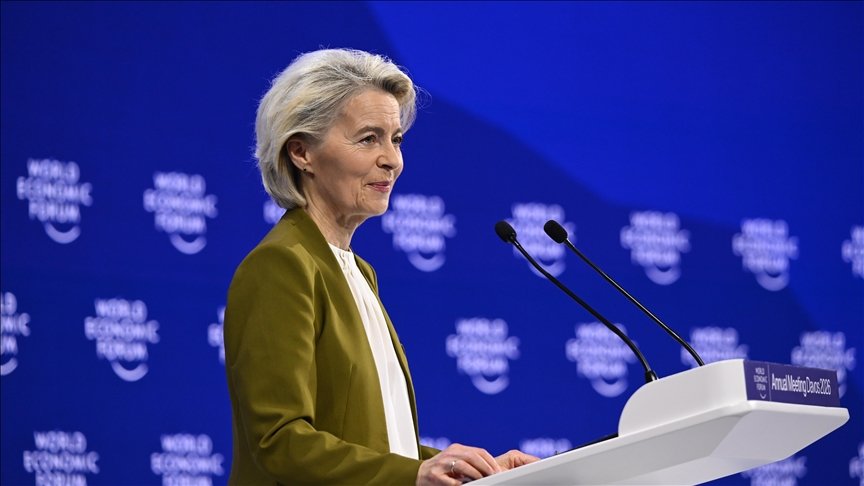Nouméa, June 09, 2024, The Europe Today: The initial ballots for the European Union’s next parliament were cast in France’s Pacific territory of New Caledonia on Sunday. Despite being a vast archipelago near Australia and not an EU member, New Caledonia’s 270,000 residents are eligible to participate due to its legal attachment to France.
Historically, voter turnout in New Caledonia has been low, with only 20% of eligible voters participating in the 2019 elections.
In Germany, the EU’s largest country, citizens will cast their votes on Sunday to elect 96 Members of the European Parliament (MEPs). However, recent polling suggests voter apathy, with four out of ten people indicating they would not participate.
The ARD-Deutschlandtrend survey, conducted by infratest-dimap between May 27 and 29, predicts that the center-right bloc of Christian Democratic Union and Christian Social Union (CDU/CSU) stands a good chance of emerging victorious. In contrast, Chancellor Olaf Scholz’s center-left Social Democrat Party (SPD), the neoliberal Free Democrats (FDP), and the environmentalist Green Party are all expected to perform worse than in 2019.
Most EU member states will vote on Sunday, including Germany, France, Poland, and Spain. Voting began on Thursday, but the majority of the 21 countries involved will hold their elections on Sunday. These include Austria, Belgium, Bulgaria, Croatia, Cyprus, Denmark, Estonia, Finland, France, Germany, Greece, Hungary, Lithuania, Luxembourg, Poland, Portugal, Romania, Slovenia, Spain, and Sweden, with Italy extending voting into a second day.
The European Parliament has announced it will release an EU-wide exit poll around 20:30 CEST (18:30 GMT) and a first provisional result after 23:00 CEST, once the final votes in Italy have been cast.
The 2019 elections, the second-largest democratic election in the world after India, saw a voter turnout of around 50%. A higher turnout is projected for the 2024 elections, with a poll earlier this year indicating that 60% of voters were interested in participating.
Opinion polls suggest a rise in support for hard and far-right parties, driven by issues such as the cost of living crisis, migration concerns, the expenses associated with the green transition, and rising geopolitical tensions, including the ongoing war in Ukraine.













